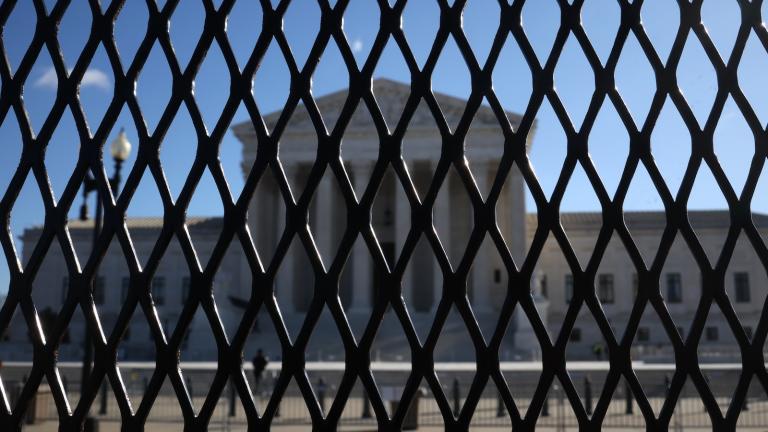It was a mistake, I know, to try to cross the street last Thursday evening. There I was, not far from the Tower of London, hoping to get across the main road east to the city’s former docklands. But every time I tried to set foot on the tarmac, there was a wailing of police sirens, and a posse of motorbikes and limousines sped alarmingly by.
Each speeding convoy contained one of the planet’s most important leaders, surrounded by associated ministers, officials, advisers and flunkies. They were burning fuel on their way back from a modernistic hanger-like exhibition center located by a disused dock, where they had spent the best part of the day saving the world.
Or had they? True, the G20 summit (at which the leaders had spent their day) had done much to crack down on some of the gross financial abuses they once indulged that have led to the greatest economic slump in 70 years, promising restrictions, for example on hedge funds, bonuses and tax havens. True, too, the leaders did more than expected to try to rescue developing countries — hardest hit of all by the crisis — allowing the International Monetary Fund to lend more money and taking steps to finance trade.
But they did nothing to address the far bigger crises queueing up to batter us when the present one is over — those caused by tightening energy shortages and escalating climate change.
That was all the more tragic because, as most of the leaders have publicly accepted, the solution to the financial, energy and climate crises is one thing — “a global green new deal”, to use U.K. Prime Minister Gordon Brown’s words, that invests massively in energy efficiency and renewable sources. This would not only reduce carbon emissions and promote alternatives to oil, but employ more people (over three times more, according to one recent study) and offer more opportunities for innovation than conventional spending.
The world desperately needed the boost that the leaders could have given to the building of a low-carbon economy. While the G20 show played out in London, this year’s first session of the vital climate change negotiations — due to culminate in a “last chance saloon” meeting in Copenhagen in December — was getting increasingly bogged down in Bonn. And, despite all the rhetoric of recent months, most developed countries have devoted precious little of their stimulus packages to green measures.
Britain’s Lord Stern, author of a definitive report on economics and climate change, has proposed [PDF] that G20 countries commit about 20 percent of their stimulus dollars to low-carbon investments. Only France, among Western countries, has exceeded that benchmark (and then only just). Britain has only achieved 6 percent, the United States just twice that. They are all put to shame by China, at 38 percent, not to speak of South Korea’s 81 percent.
The British officials managing the G20 summit put Lord Stern’s benchmark on the table as something the leaders might wish to endorse. Not a single country, including the U.K., supported the idea. And green measures and combatting climate change only featured (and as weakly worded aspirations at that) in paragraphs 27 and 28 of the 29-paragraph comminiqué.
The failure had an immediate chilling effect on the Bonn negotiations, which were already dealing with the failure of rich countries to make good on their promises in Bali 16 months ago to set aside money to help poor nations fight, and adapt to, climate change; last month E.U. leaders put off making commitments until they saw what the United States came up with.
Big developing countries — like China, India, Mexico, South Africa and Brazil — where leaders increasingly accept they must take action on climate, had been disillusioned to see how little the rich nations were committing to the green new deal. And the G20 leaders’ neglect of climate change made things worse.
Yet, almost entirely unnoticed by the media, there was one serious attempt in London last week to get the leaders to take action against global warming. It took place not in the docklands hanger but in the ornate St. James Palace across town. And the host was not Britain’s prime minister but its future head of state, Prince Charles.
The Prince called together representatives of all the G20 countries — including Secretary of State Hillary Clinton, French President Nicolas Sarkozy and German Chancellor Angela Merkel — to urge them to take action to protect rainforests. And he, at least, said what needed saying.
“As important and concerning as the global financial crisis is,” he told them, “its challenges and consequences will pale into insignificance when compared with the scale and extent of human misery and suffering, social and economic, if our actions to tackle climate change are too little or too late, or both.”





